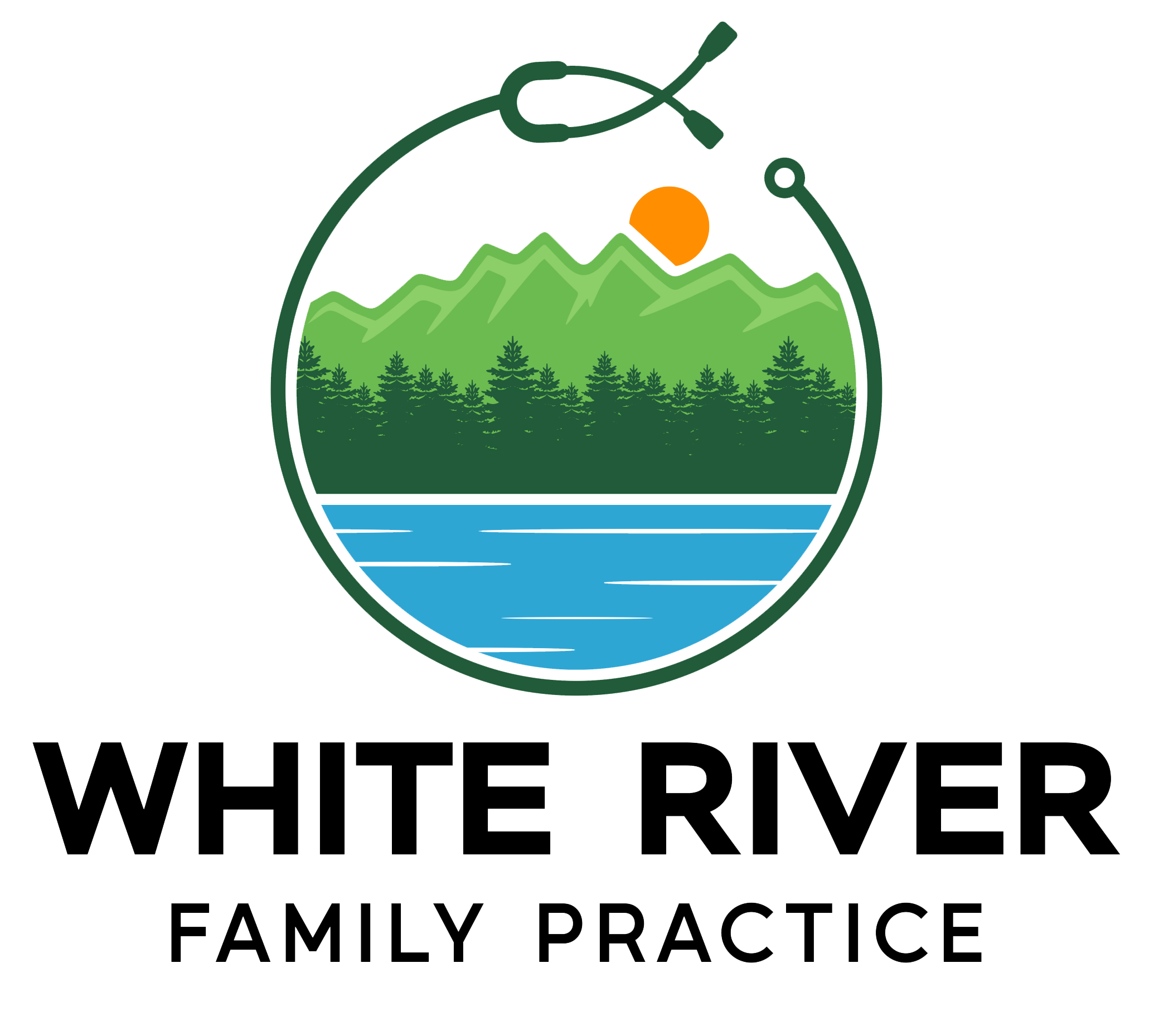Information to help parents guide the way with talks about Sexuality and Sex
October is Let’s Talk Month…but any month is great!
- UNDERSTAND why your child needs to understand about sexuality and sex. Sex is everywhere and kids receive conflicting information – “Sex is VERY important and DON”T talk about it”
- ENCOURAGE communication by reassuring your children that you can talk about anything
- Take advantage of TEACHABLE moments such as a friend’s pregnancy, news articles or TV show to start a conversation
- LISTEN more than you talk.
- ANSWER questions simply and directly. Give factual, honest and simple answers
- But, DON’T WORRY if you don’t have all the answers. You can work together with your child to get the answer and you can model using reliable resources.
- REFLECT on your own values around sex so you will be more comfortable in the discussion
- RESPECT your child’s views and REASSURE them that they are normal as are their questions and thoughts.
- Don’t JUMP to conclusions. Asking about sex does not mean that a child or teen is having or thinking about having sex
- Discuss that at times your teen may be more comfortable talking with someone other than you. Together, identify other TRUSTED ADULTS
Visit AdvocatesforYouth.org for more information.
Click HERE for a printable handout based on age group.
Acne: Every Teenagers’Worst Nightmare
What causes acne?
Hormones called “androgens” surge during puberty in both girls and boys. Androgens tell glands in the skin to produce more oil. At the same time, the cells that line the oil ducts swell and may clog the ducts. It’s the clogged oil duct that appears as a whitehead on the skin surface. When the cells lining the oil duct dry out, you get blackheads. Then, if bacterial germs get trapped in the plugged ducts they multiply quickly, causing red swollen pimples that really hurt. I still remember them – not to mention my older sister teasing me about them. Common misconceptions about acne:- Acne is caused by particular foods, such as chocolate or potato chips.
- Dirt causes acne.
- Sexual thoughts cause acne.
- Acne is contagious.
- Abrasive facial cleansers;
- Some cosmetics;
- Menstrual periods;
- Things that rub on the skin, like athletic pads or a headband;
- Emotional stress;
- Squeezing the pimples (I can remember my older sister doing that, too).
